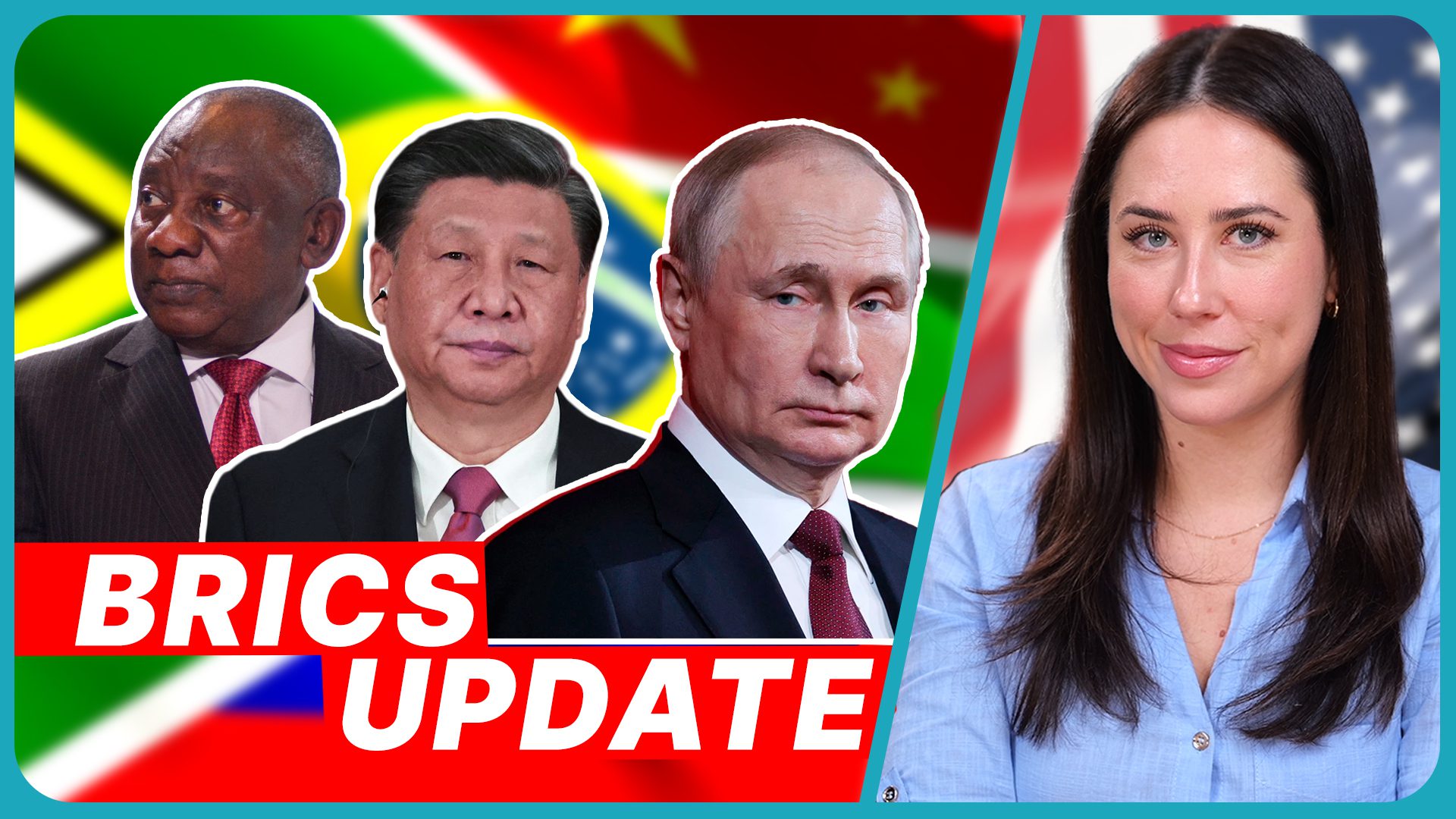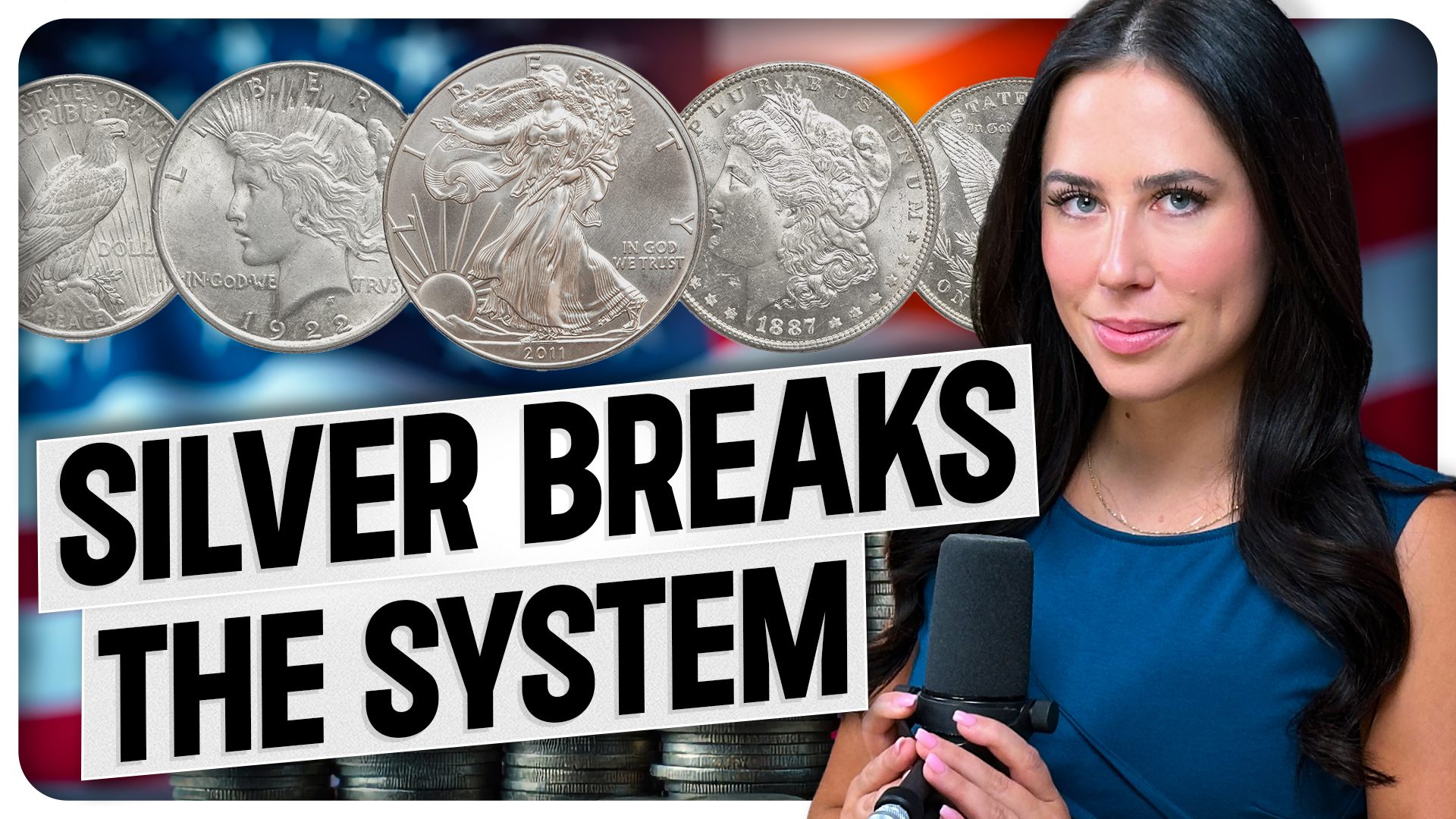New BRICS Member, the END of USD?

In this week’s news, Taylor Kenney discuss the BRICS coalition’s surprising membership bid from a long-term ally of the United States. This development highlights a significant shift towards reducing dependence on the dollar, with implications for global economic power dynamics and the future of international trade.
TRANSCRIPT:
Welcome back. I’m glad you’re here. Today we’ll be covering the latest news from the BRICs Bloc Coalition, a group of major and emerging world powers aimed at challenging the current political and economic power of the West.
Our story today follows the long-awaited confirmation of a singular BRICs currency to rival the dollar, as well as a surprising new membership application.
Thailand, a long-term military ally and economic partner of the United States, has approved a draft bid this week for their intention to join the BRICs bloc coalition.
If approved, Thailand would be the first Southeast Asian country to join BRICs. Thailand is currently a prominent member of ASEAN or the Association of Southeast Asian Nations, which includes the likes of Vietnam, Singapore, Cambodia, among others.
Last year, ASEAN made headlines for signing a declaration to stop using the US dollar in international trade. And while Thailand’s move towards BRICs isn’t outwardly hostile towards the United States, it does signify a strengthening movement away from dollar dominance and towards what many are calling a new world order.
Like many other countries on the growing list of BRICs membership, the goal is to promote trade and local currencies to help bolster their individual economies without relying so much on the US dollar. As a reminder, there are many countries applying for membership, so it’s unclear how quickly Thailand would become an official member.
Last year, applicants had to wait until the official BRICs annual summit to find out if they had been approved for membership. This year’s summit will be held in Russia in the fall.
Ahead of this year’s summit, we have also received confirmation from Kazem Jalali, Iran’s ambassador to Russia, that there is fervent engagement in the efforts to produce a singular currency within the association. He went on to say that the pervasive influence of the United States dollar imposing restrictions was a driving factor of this focused effort.
Proponents of this move would welcome more economic competition and a diversification of options for international transactions. Opponents would say that more trade being done without the United States dollar would further erode the US dollar’s current standing as a global reserve currency.
Should fewer countries hold dollar reserves to stabilize their economy thanks to alternate currency options, the dollar and subsequently the United States would lose tremendous influence and power over global financial markets and policy.
And while none of this would guarantee an immediate dollar collapse, it would certainly erode the remaining purchasing power of the dollar and alter our day-to-day life as we know it.
And while the mainstream media might be content to downplay these developments if acknowledged at all, for those of us who are watching this closely, one thing is clear.
All eyes are on BRICs this year.
Tell me what you think in the comments below. Do you think that a growing BRICs alliance is a positive force? Are you concerned about how quickly the dollar could erode given a new competitive global currency?
Much to consider as we move forward. And if you’re not already, be sure to subscribe, like, and share this with a loved one. As always, I’m Taylor Kenney with ITM Trading. Your trusted source for all things gold, silver, and lifelong wealth protection. Until next time.
SOURCES:
https://asean.org/member-states
https://www.tehrantimes.com/news/498685/Iran-Russia-forge-path-to-unified-BRICS-currency-envoy














